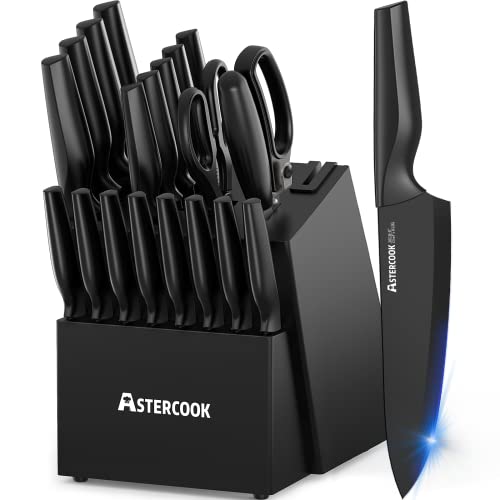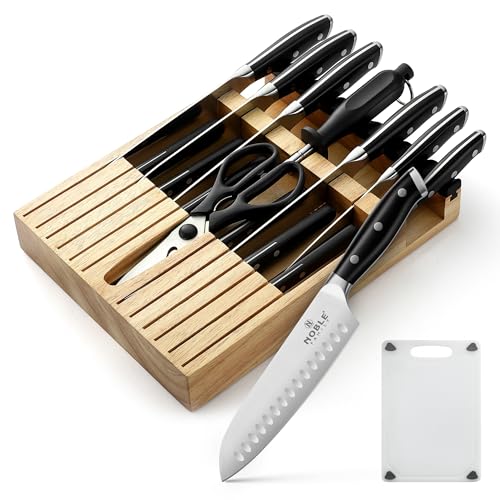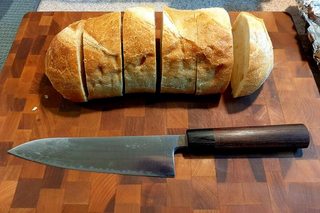Xunzi
Well-Known Member
Are bread knives the most underappreciated type of knives? I use my bread knife not only for bread, but for pealing and shaving veggies and fruit with somewhat elastic, oily skin - e.g. grapefruits. It can even be the best option for tougher meat cuts. I'm considering getting a small serrated Victorinox to complement. It seems like an absolute must-have knife in every kitchen, yet I don't find much information on them (at least compared to all other knife types). What I've been able to gather is that less and deeper serrations are generally better, and a slight curvature to the blade is preferable. Yet many questions remain.
What's the origin of serrated knives? Are they a Western introduction in Asia?
What's the importance of steel hardness when it comes to serrated knives? I never see it specified.
How are these knives sharpened?
Why are they not more prominent in supply as well as knife discussions?
What's the origin of serrated knives? Are they a Western introduction in Asia?
What's the importance of steel hardness when it comes to serrated knives? I never see it specified.
How are these knives sharpened?
Why are they not more prominent in supply as well as knife discussions?

























